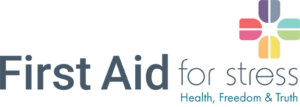Our Commitment
We are committed to ensuring that our digital programme and website are accessible to the widest possible audience, regardless of technology or ability. We are continuously working to improve our programme in order to achieve many of the available standards and guidelines. We want everyone who visits our sites and/or participates in the programme to feel welcome and enjoy their experience.
Standards Compliance
Our sites follow the W3C Web Content Accessibility Guidelines and meets WCAG 2.1 AA standards. These guidelines explain how to make web content more accessible for people with
disabilities and user-friendly for everyone.
The guidelines have 3 levels of accessibility (A, AA and AAA). Level AA is our desired benchmark for the MUTU System website and programme, although we are
proud to surpass the AA benchmark in many areas.
Areas for Improvement
We strive to achieve the accepted guidelines for accessibility and usability and are working hard to achieve our goal of Level AA accessibility, but we realise that it is not always possible to do so in all areas, consequently, there are some areas of the website/course that still need improvement:
- – Non-Text Content
- All non-text content that is presented to the user has a text alternative that serves the equivalent purpose. We are working hard on increasing subtitling wherever possible across not only our sites and programme but on all published media content as well.
Compatibility & Optimising Your Maga Experience
For the best experience, we recommend visiting our website using either Google Chrome or Mozilla Firefox if you are using a desktop device. We’re also
completely mobile and tablet friendly and compatible with Apple and Android devices. Refreshing the cache on your device can help to stop any old error
messages from showing up. Go here for further optimisation and cache tips.
Contact Us
We are continually working on solutions to bring all areas of our websites and programme up to the same level of accessibility. If you have enjoyed
using the Maga Therapy / Dawn Symons website and/or First Aid For Stress programme, or if you have experienced difficulty with any part of it, please get in touch.
We’d love to hear from you in the following ways:
Email us at dawn@maga-therapy.com
Call us +44-790 774 239
Via our sites:
first-aid-for-stress
maga-therapy.com

